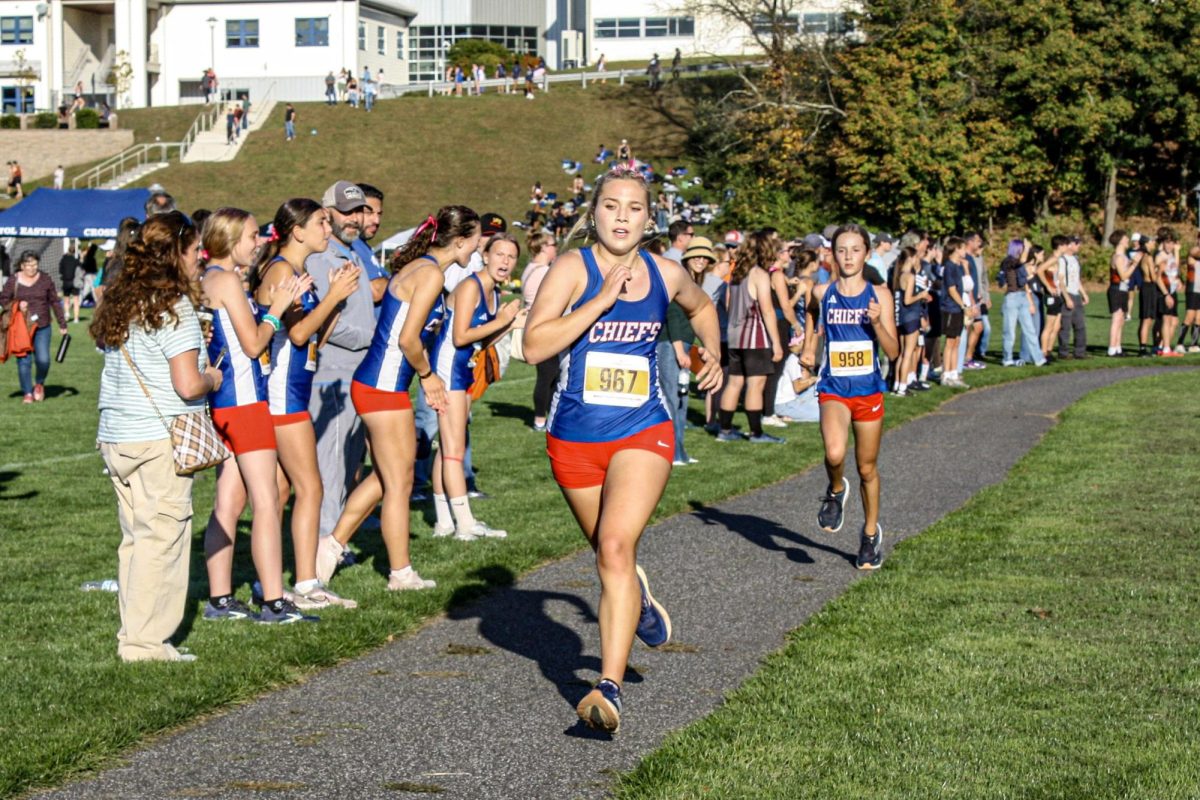
Addison Bushka '27, Deputy Editor-in-Chief
October 14, 2025
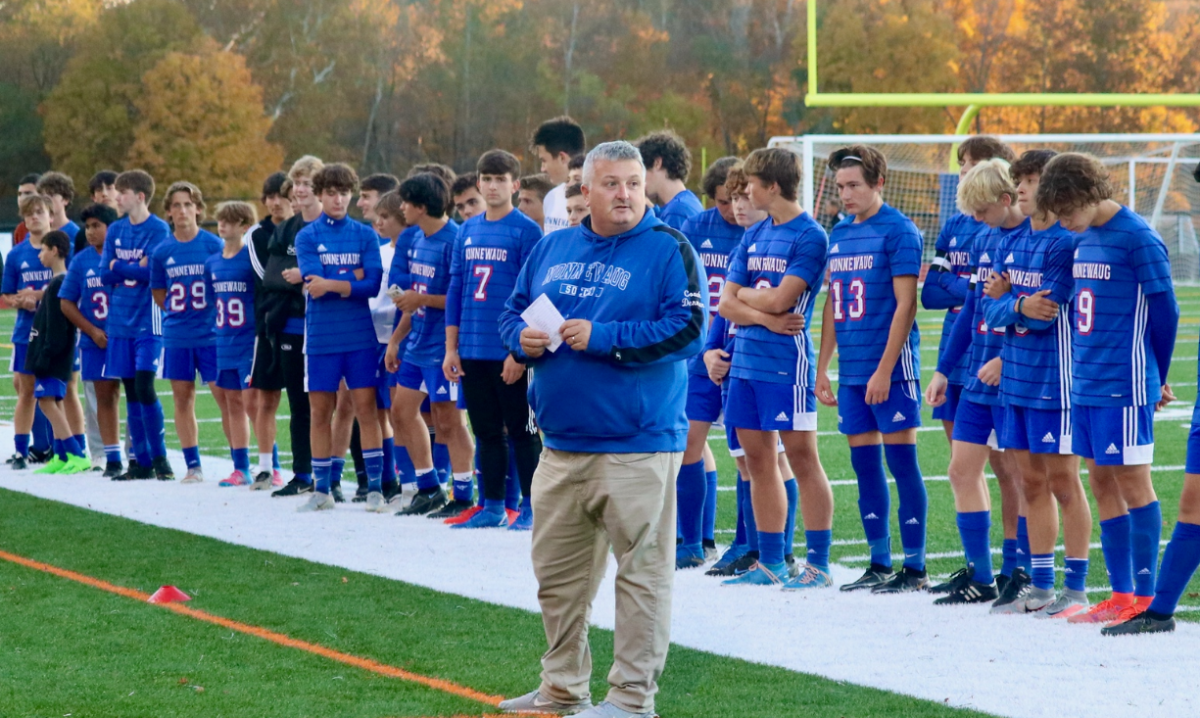
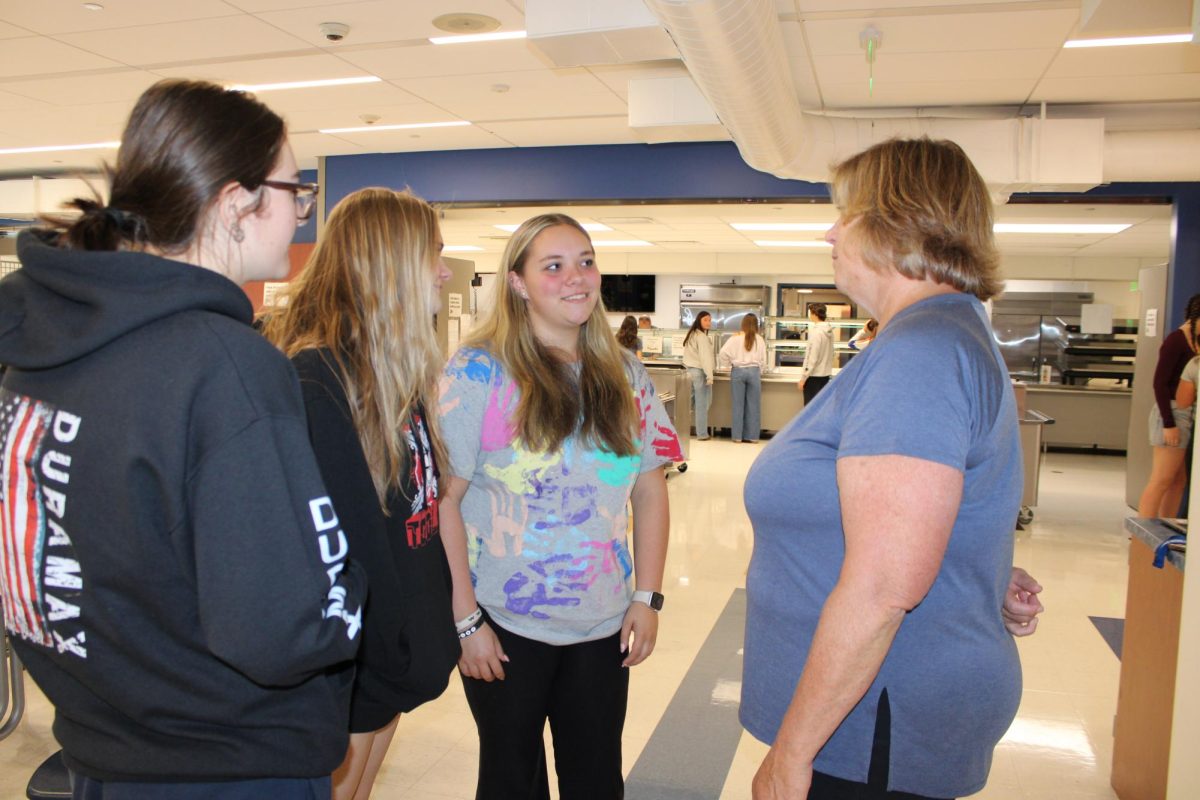
Sophie Mehegan '29, Reporter
October 14, 2025
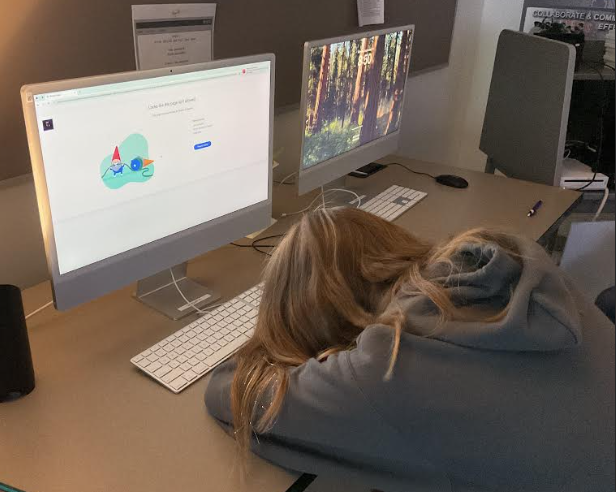
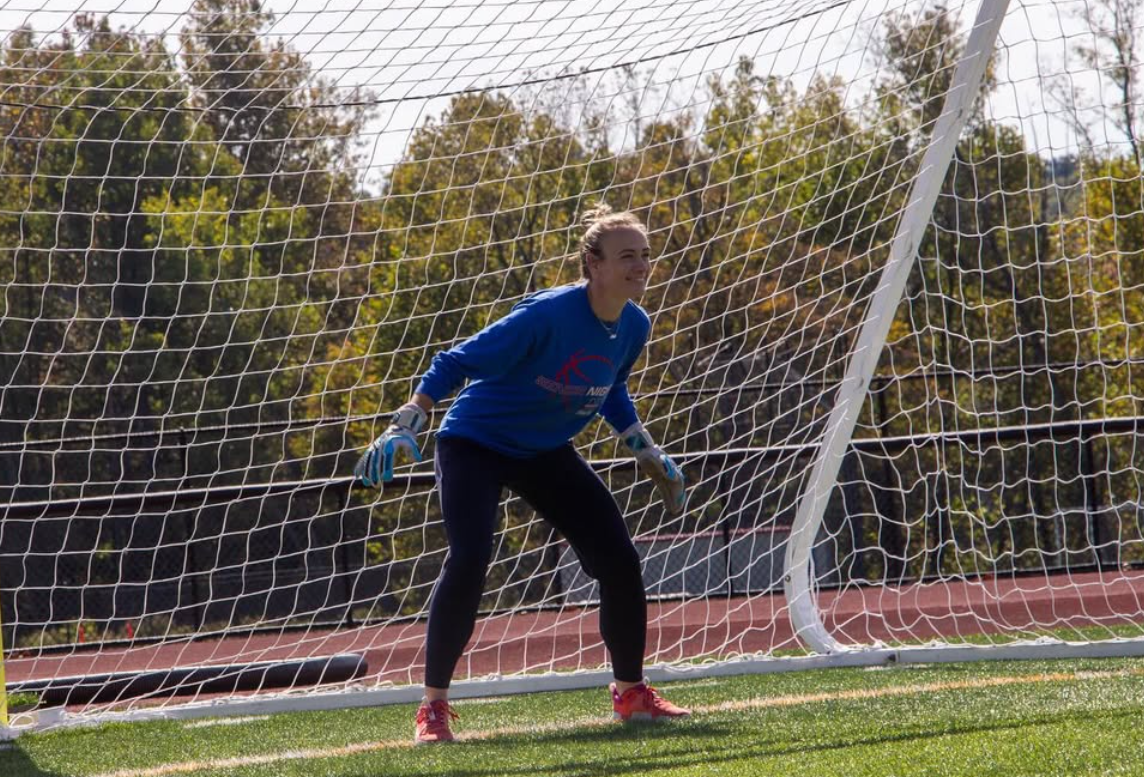
Ella Dannenhoffer '29, Reporter
October 8, 2025

October 14, 2025
Addison Bushka '27, Deputy Editor-in-Chief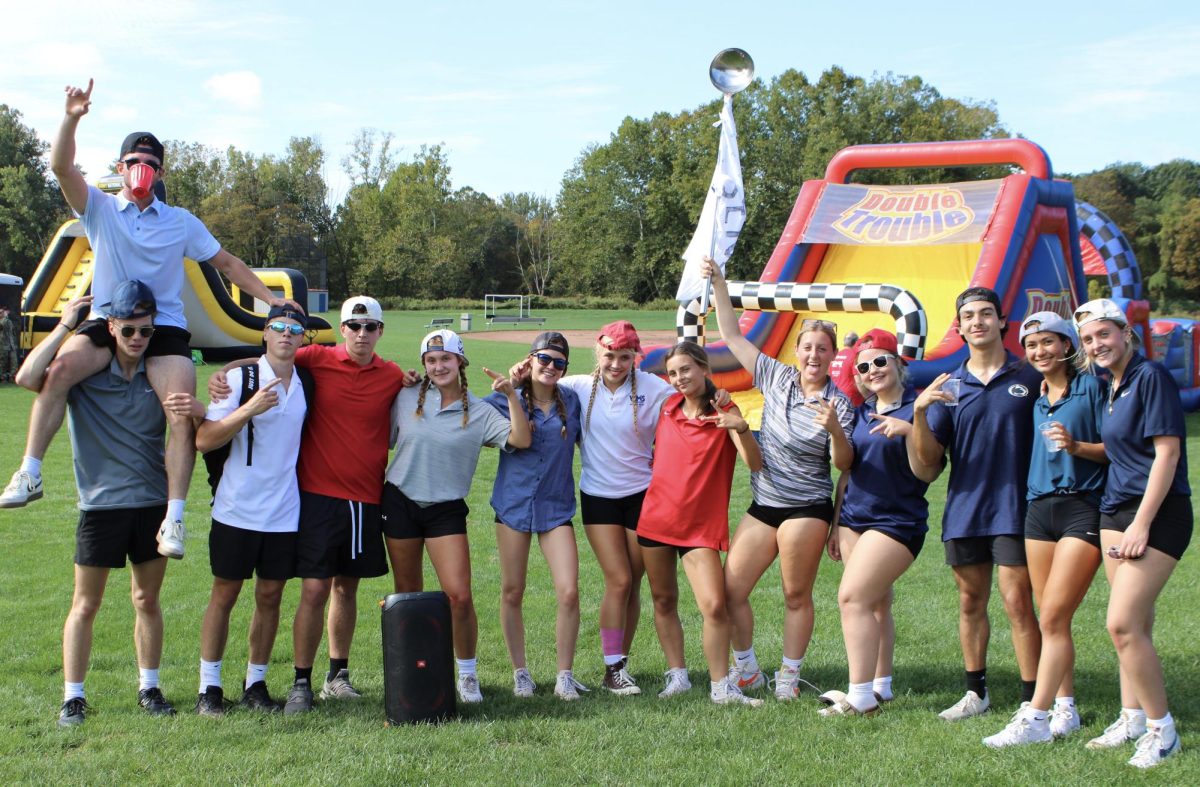
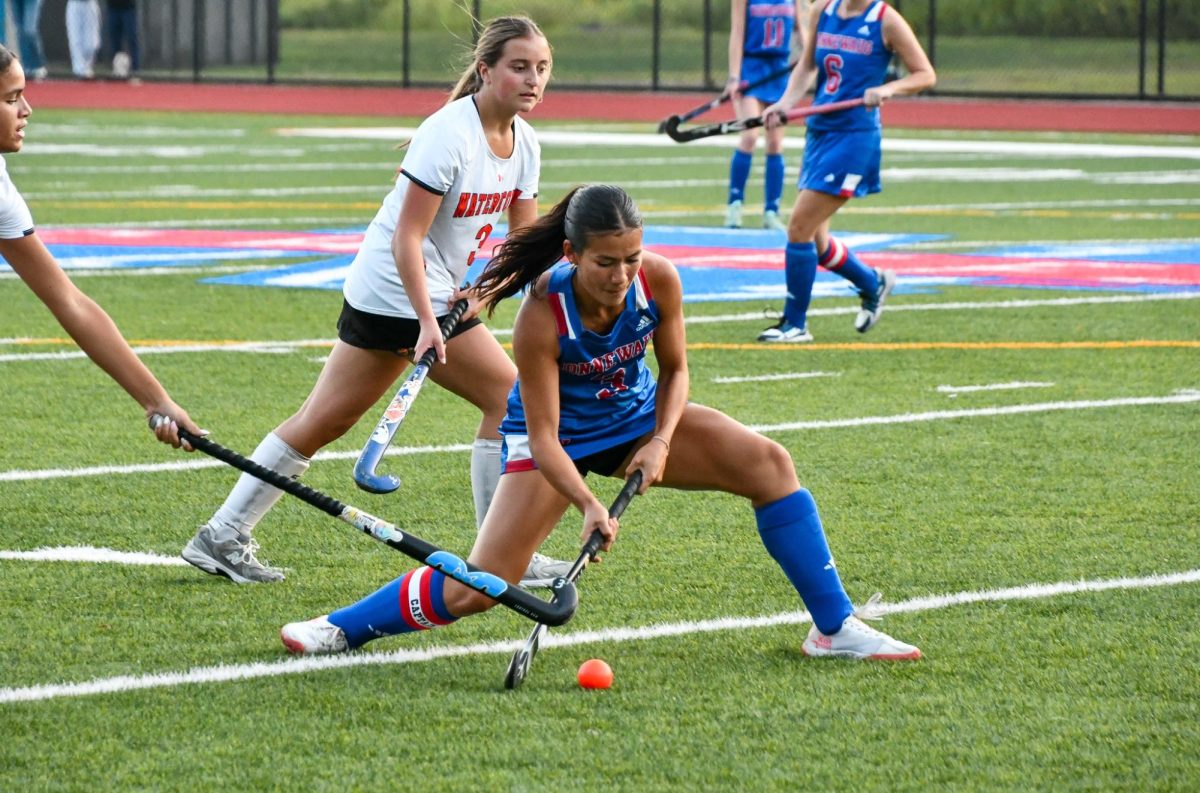
September 5, 2025
Deme Jones and Maia Colavito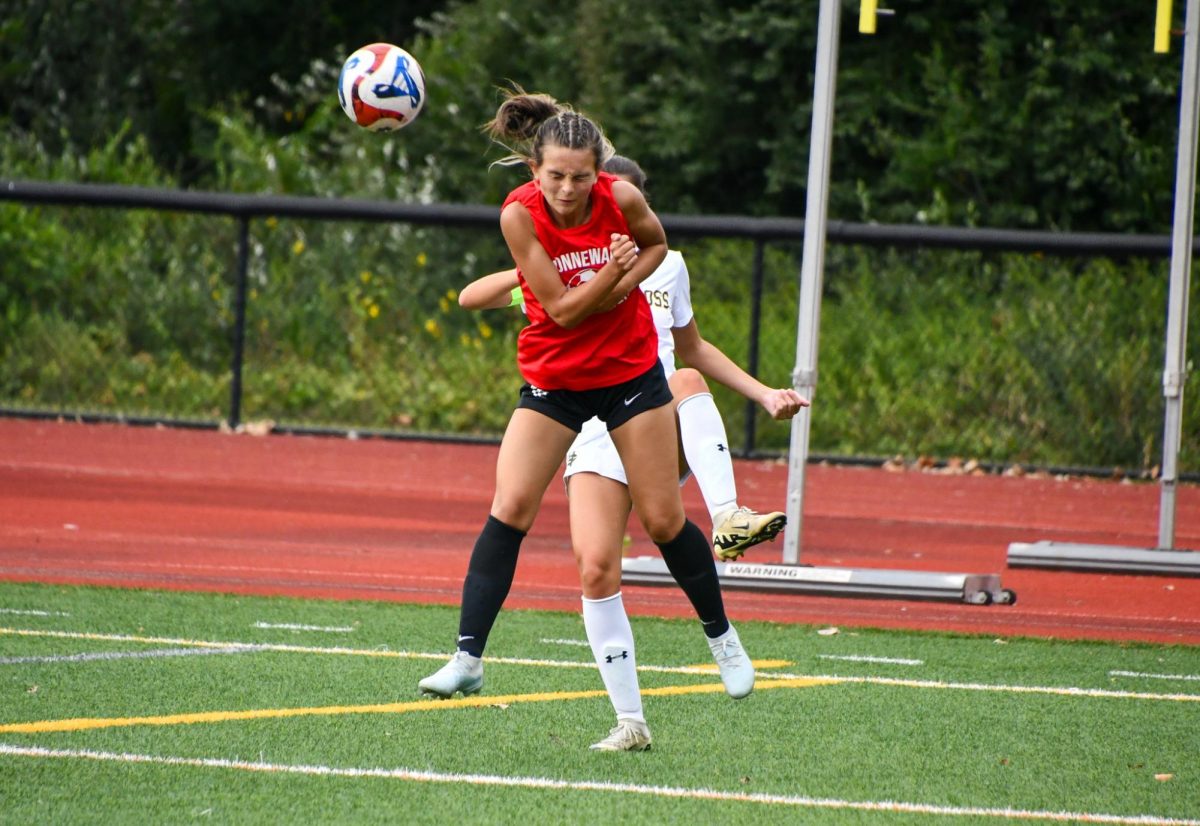

Addison Bushka '27, Deputy Editor-in-Chief • October 14, 2025
Catherine Viveros 28', Editor • October 14, 2025
Alexa Lodice '29, Reporter • October 14, 2025
Sophie Mehegan '29, Reporter • October 14, 2025
Caila Palaia '26, Senior Editor • October 9, 2025
Jayda Gladding '29, Reporter • October 8, 2025
Ella Dannenhoffer '29, Reporter • October 8, 2025
Kaylie Haughton '26, Reporter • October 6, 2025
Deme Jones '26, Senior Editor • October 6, 2025
Owen Fitzgerald '26, Reporter • October 3, 2025
Desmond Palmer '29, Reporter • October 2, 2025
Hope Davis '29, Reporter • October 2, 2025
Cam Jones '27, Junior Editor • October 2, 2025

Alexa Lodice '29, Reporter • October 14, 2025
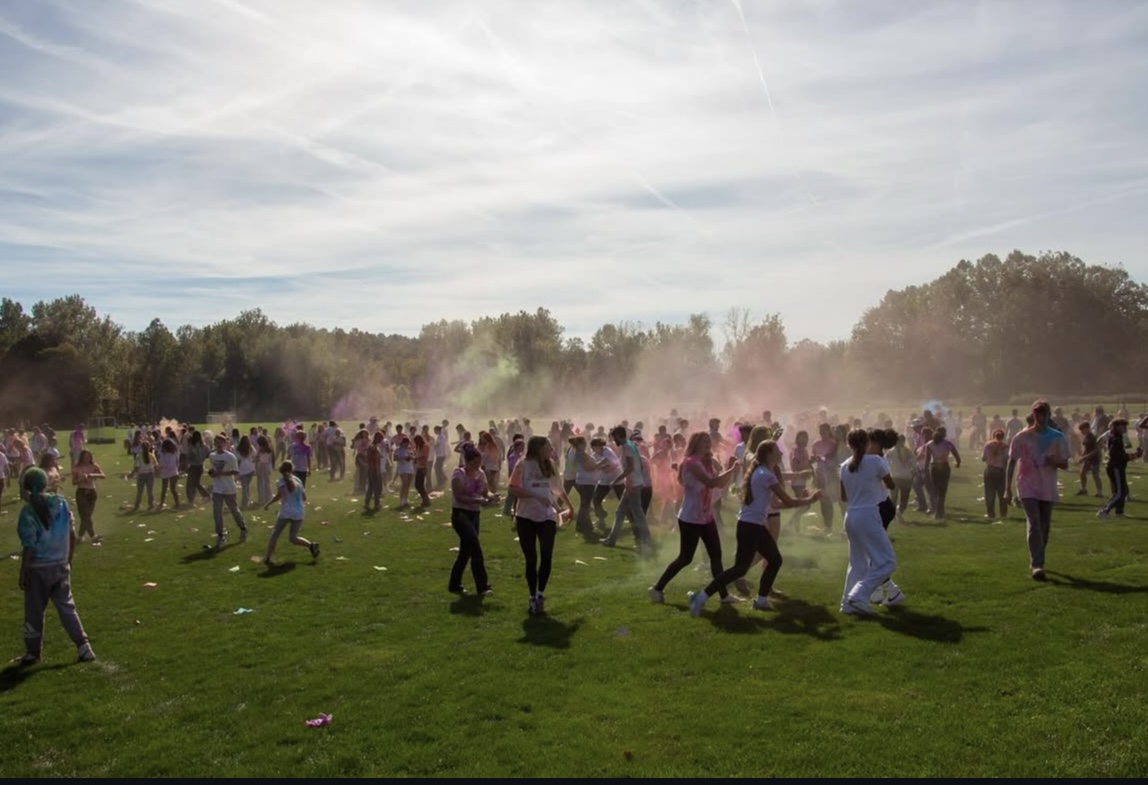
Jayda Gladding '29, Reporter • October 8, 2025

Kaylie Haughton '26, Reporter • October 6, 2025

Stella Stein '29, Reporter • October 1, 2025

Grayson Leveille '27, Junior Editor • September 30, 2025
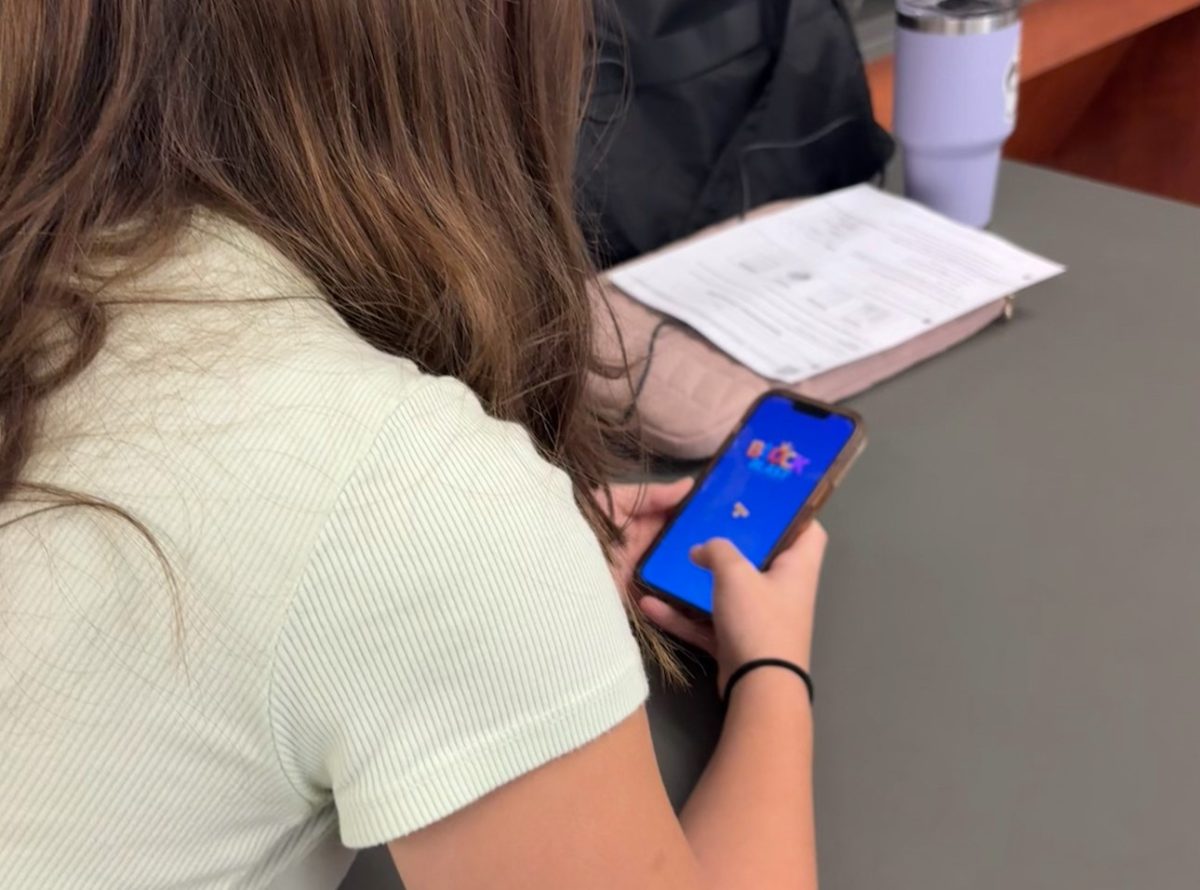
McKenzie Feliciano '29, Reporter • September 30, 2025
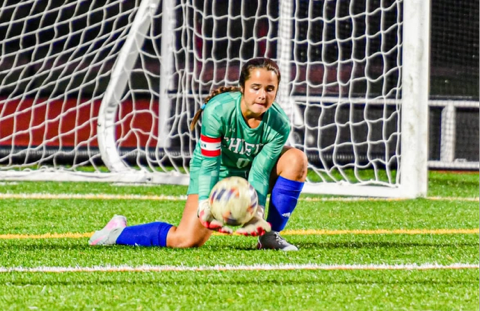
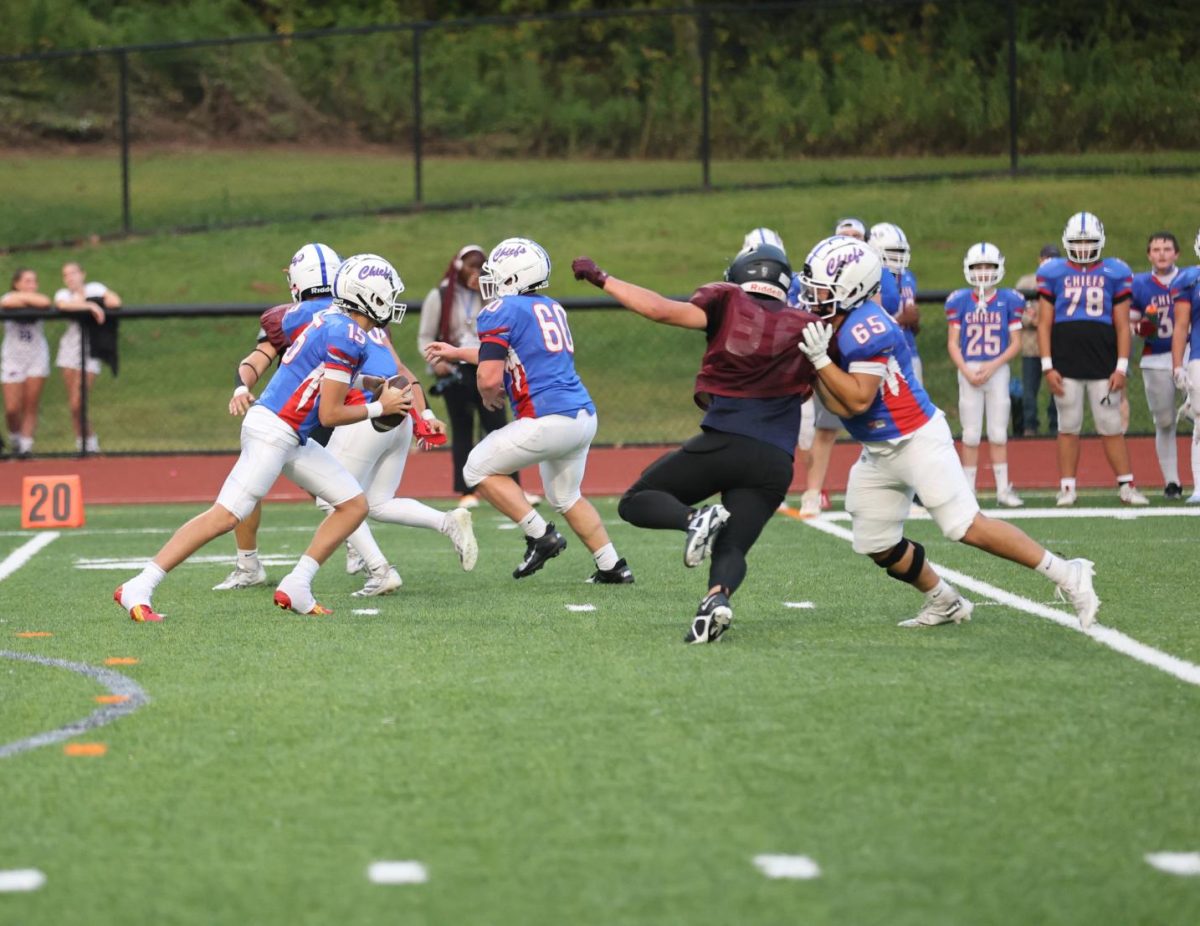
Owen Fitzgerald '26, Reporter • October 3, 2025
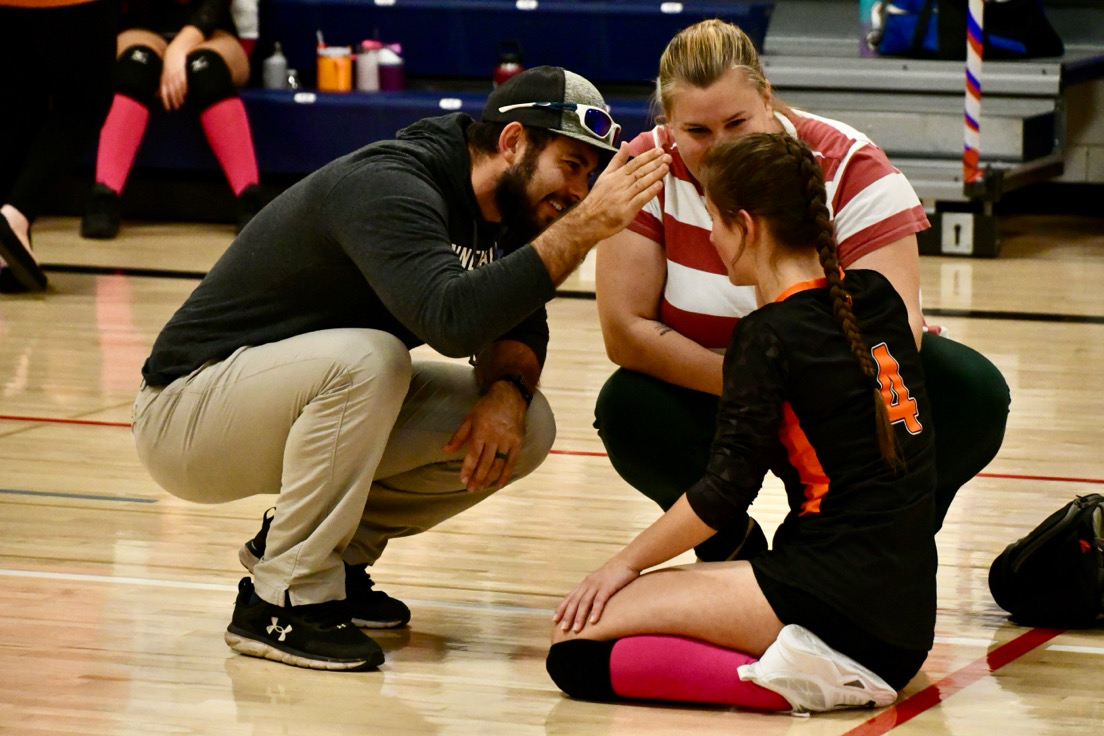
Anna Crocker '26, Editor-in-Chief • September 30, 2025

Chance Salisbury '29, Reporter • September 30, 2025
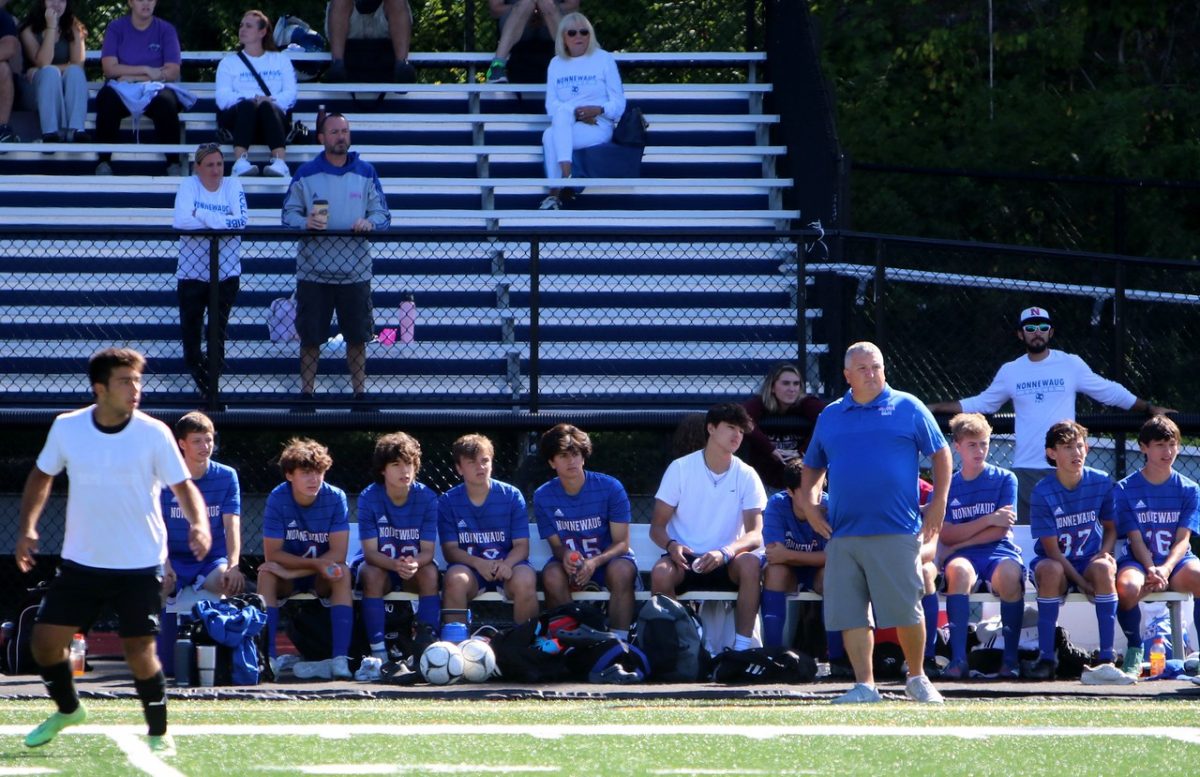
Audrey Doran '27, Junior Editor • September 30, 2025

Hope Davis '29, Reporter • October 2, 2025

Anna Crocker '26, Deputy Editor-in-Chief • June 11, 2025

Collin Humowitz '29, Junior Chief Advocate • June 9, 2025

Serenity Gibson '29, Junior Chief Advocate • June 8, 2025

Merije Iljazi '26, Reporter • June 8, 2025
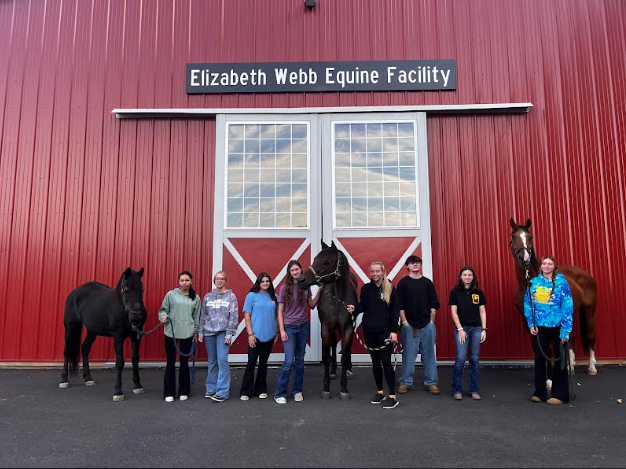
Keira Zupan '26, Senior Editor • September 18, 2025
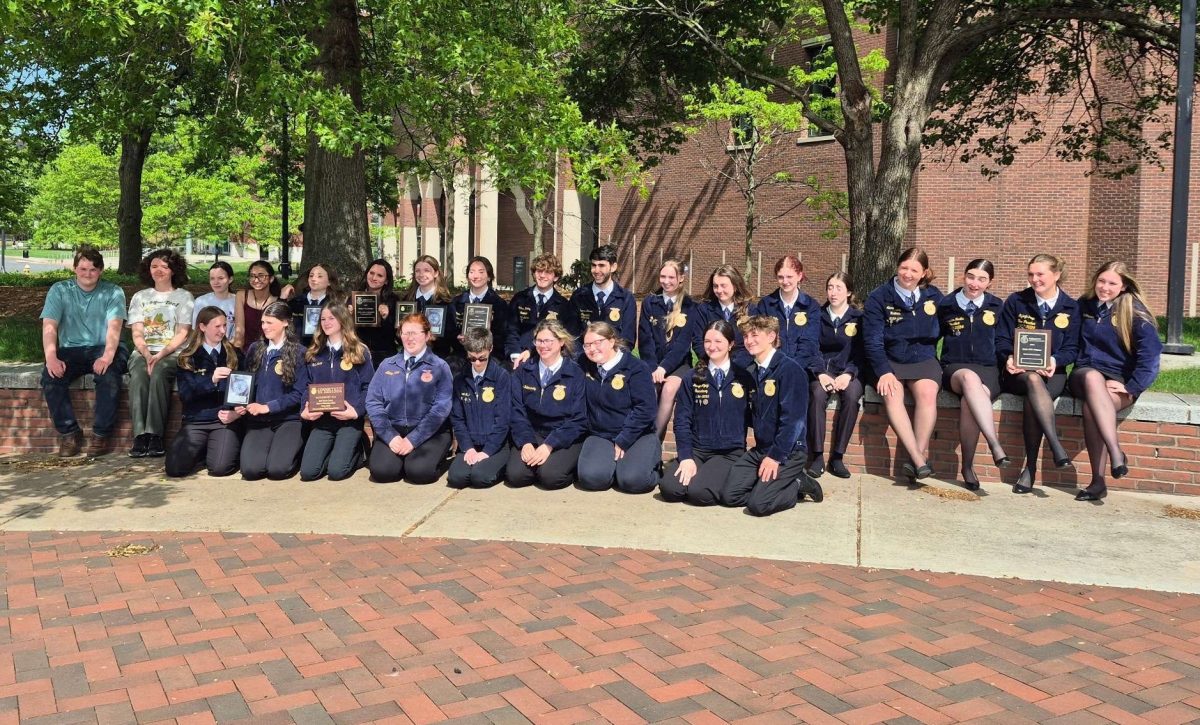
Ashlynn Graziano '25, Reporter • June 5, 2025

Ava Hirleman '27, Features Editor • June 4, 2025
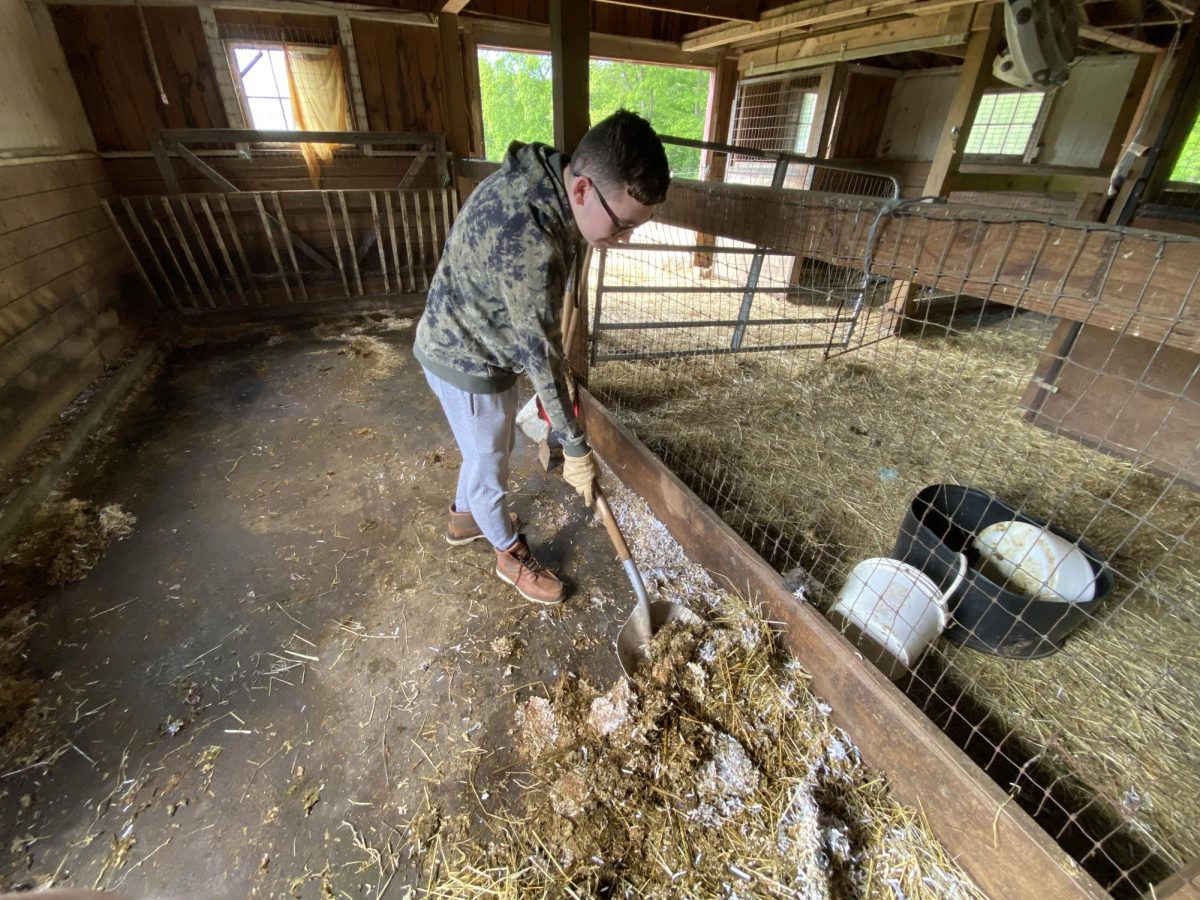
Caila Palaia '26, Reporter • June 2, 2025

Savannah Czerepacha '25, Sports Editor • June 2, 2025

Ashley Blood ‘25, Reporter • May 30, 2025

Hope Davis '29, Reporter • October 2, 2025

John Wenzloff '28, Reporter • June 5, 2025

Arden Lee '29, Junior Chief Advocate • June 5, 2025

Maria Eggers '25, Reporter • June 2, 2025

Trending Stories
1

Morgan Willis '27, Reporter • March 28, 2024
2
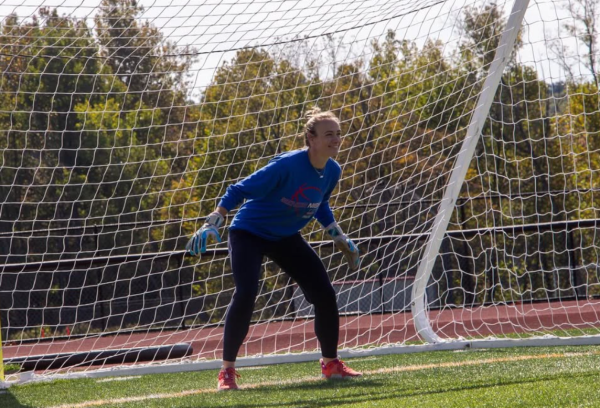
Ella Dannenhoffer '29, Reporter • October 8, 2025
3
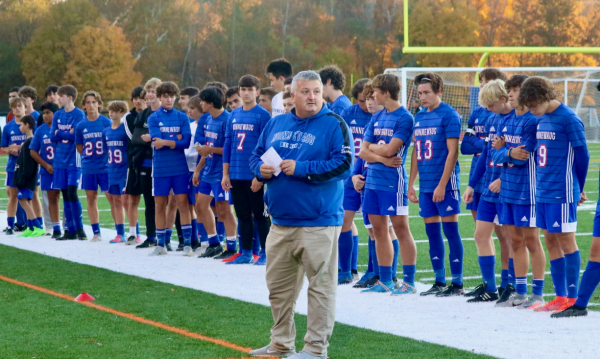
Catherine Viveros 28', Editor • October 14, 2025
4





